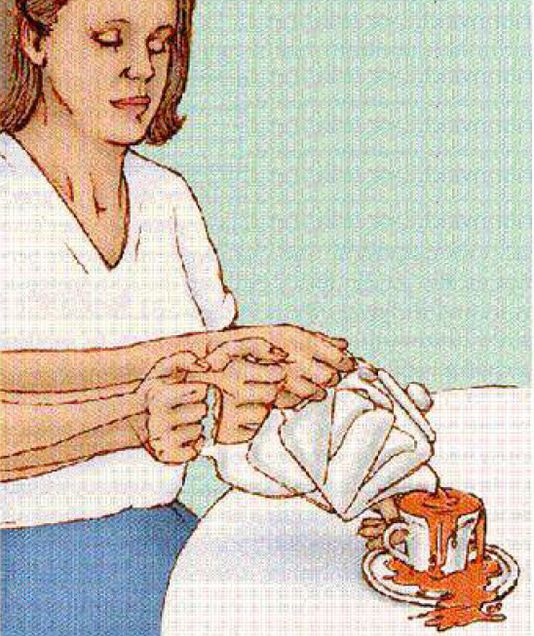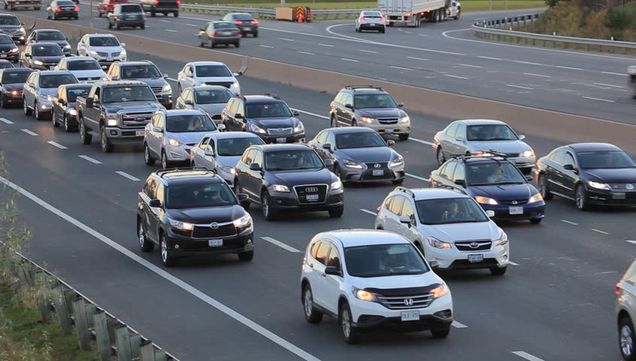Stroke Recovery & Neuroplasticity
Program for Diagnosis and Retraining of Perceptual & Cognitive Deficits
The main purpose of the NeuroVisual Recovery and Training Program addresses perceptual-cognitive disorders in patients with acquired brain injury (ABI), mainly stroke patients. This is a translational research program which links the patients’ clinical profile to basic science concerning ABI, through theory-driven procedures of assessment and training visual-cognitive abilities. We use the noninvasive techniques of psychophysis and structural and functional neuroimaging. When necessary, we custom-design psychophysical tests for measuring specific deficits or for retraining lost or impaired functions.
Program for Diagnosis and Retraining of Perceptual & Cognitive Deficits
Why this program?
After a stroke, traumatic brain injury or tumor, patients often experience a decrease in their cognitive and perceptual abilities. They may encounter difficulties in their daily living such as:
- moving about the house
- operating tools or using simple household objects
- finding things in a cluttered environment
- attending to more than one thing at a time
- switching attention
- crossing the street in traffic or driving
- only seeing a restricted portion of the visual world
We offer a unique retrainingprogram that focuses on figuring out such deficits, even when they are very subtle. We are interested to discover how the brain carries out visual-cognitive functions. The translational component of our studies is aiming to help you understand your problems and adjust to the “new you” and the “new world” so that you can function better. In some cases we have been able to help patients to get better or even fully recover. Enrollment and participation in the program is free to you!!!! You can choose to discontinue your participation at any time.
In the last few years we and other researchers have demonstrated that, at all ages, there is a great deal of plasticity in brain functions and this plasticity mediates recovery.
What we do…
(1) identify your areas of perceptual-cognitive impairment and cognitive strength
(2) monitor improvement or deterioration
(3) design retraining programs unique to each patient and each visuo-cognitive problem
(4) evaluate the outcomes of treatments
(5) provide feedback
(6) get noninvasively pictures of your brain to accurately locate your brain lesion caused by the stroke and the deficits you experience and monitor your improvement.
During post stroke recovery process, visual-spatial cognitive deficits not only change in severity but different impairments may appear as others disappear. This means that your functional status cannot be captured by any single assessment. We will make the time to see you several times throughout the recovery period to capture the dynamic nature of improvement and to give you continuous feedback. Functional dynamics of the brain is one of our major research interests!
Questionnaires
Preliminary evaluation of every patient that we work with involves the administration of the following scales. This allows us to compare and broadly categorize patients’ deficits.
- NIH Stroke Scale[PDF]
- National Eye Institute Visual Functioning Questionnaire[PDF]
- Vision Questionnaire[DOC]
How to contact us
Dr. Vaina oversees all phases of this program.
All assessment and retraining will be conducted at the NeuroVisual Lab, Boston University, 44 Cummington Mall., 3rd Floor – Suite 304, under the direct supervision of Dr. Lucia-Maria Vaina, the Director of the NeuroVisual Lab. Brain imaging is performed at the Athinoula A. Martinos Center for Biomedical Imaging Massachusetts General Hospital with which Dr. Vaina is associated.
Other Relevant Resources:
- National Stroke Association
- Stroke Prevention
- National Institute of Neurological Disorders and Stroke
- Brain Injury Association of Massachusetts
- American Heart Association
- American Cancer Society
- Massachusetts General Hospital– Neurology Department
- Brigham and Women’s Hospital– Neurology Department
- Spaulding Rehabilitation Hospital
